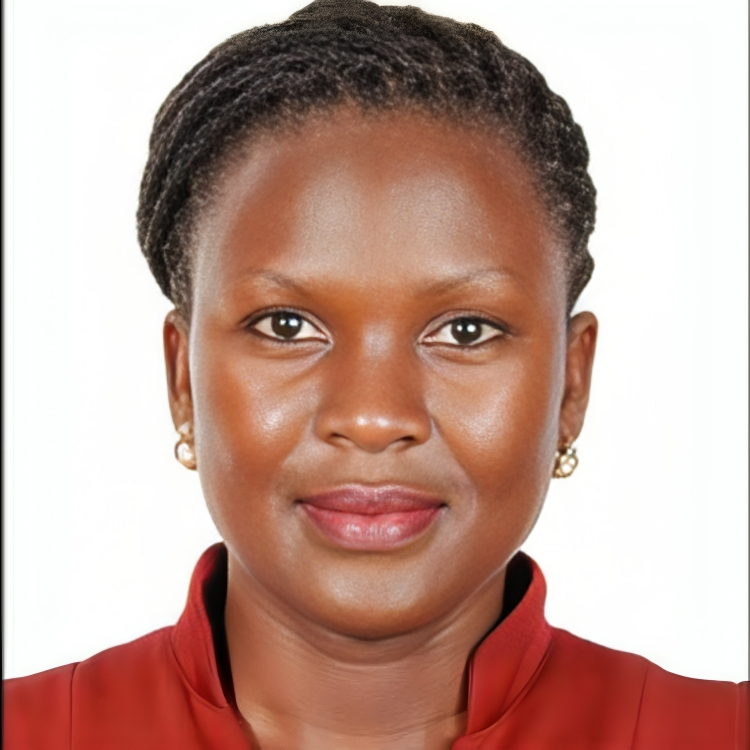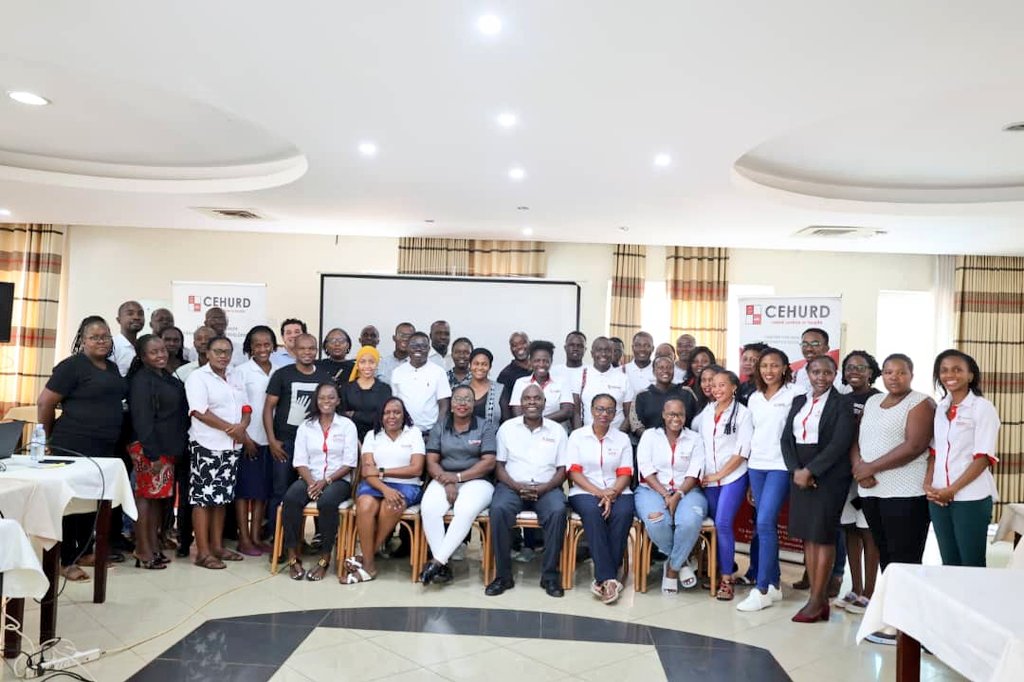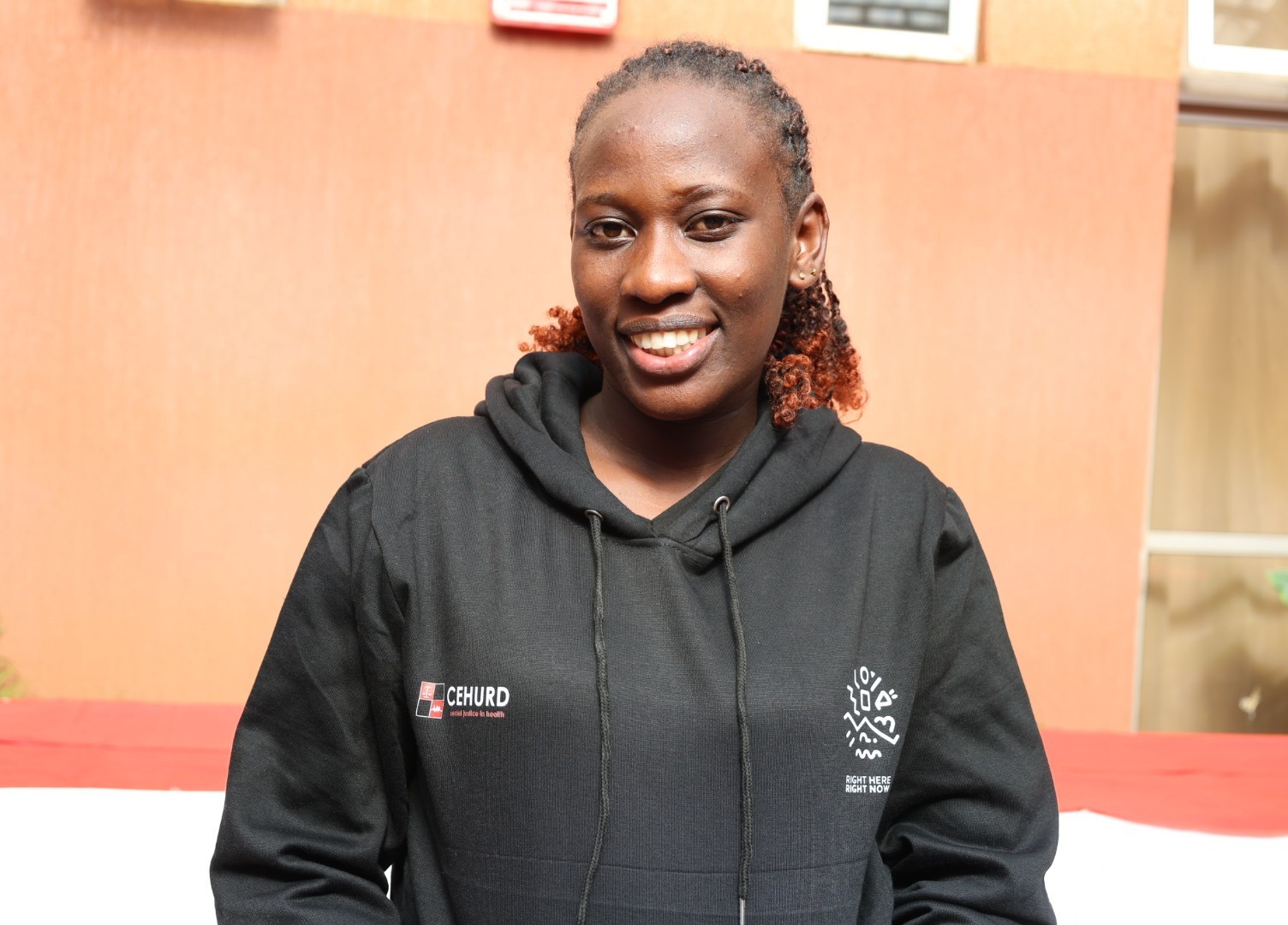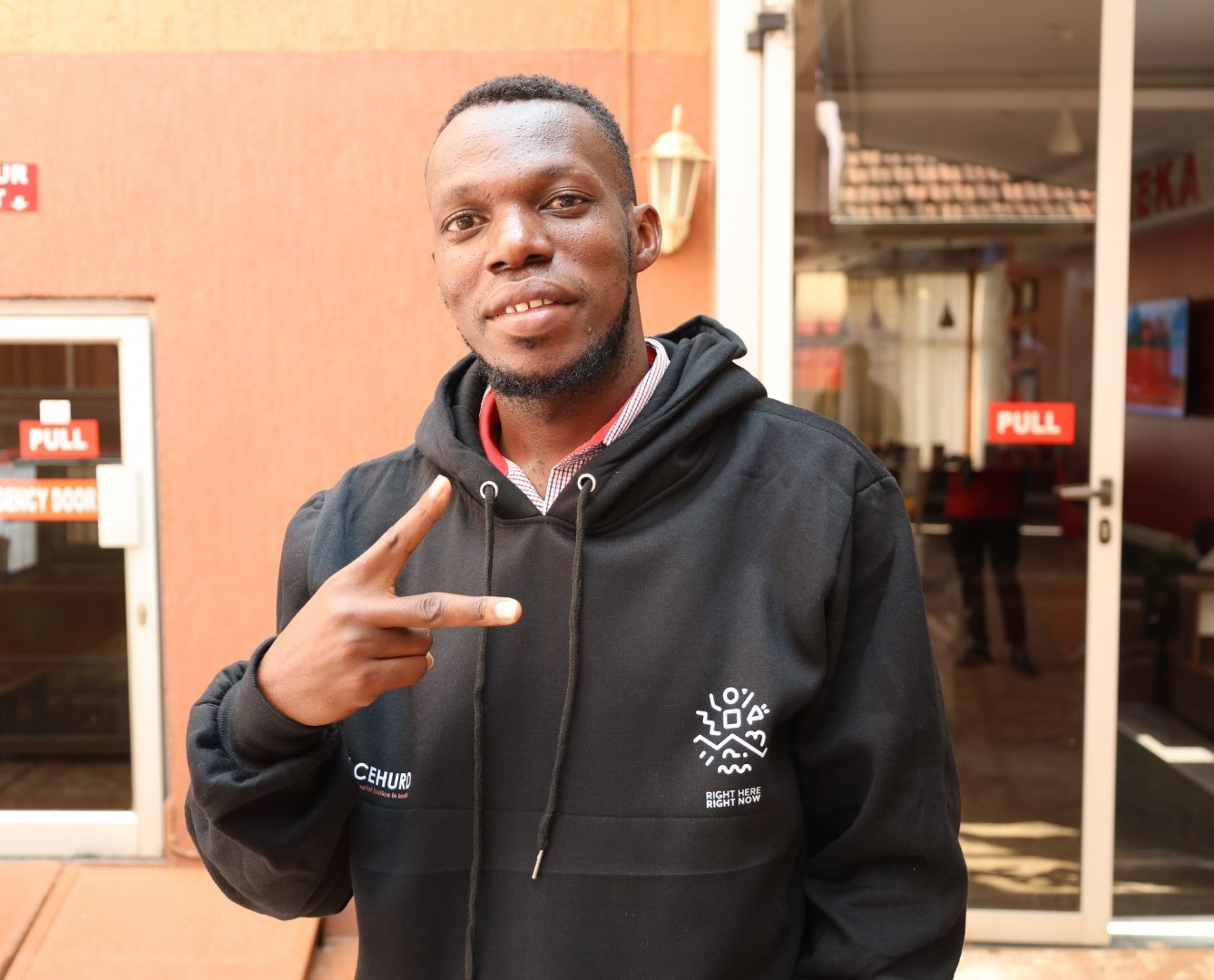By Ritah Namakula | a practising midwife at Mulago Specialized Women and Neonatal Hospital and Central Regional Coordinator of the National Midwives Association of Uganda, writes about her empowerment journey with CEHURD.
Midwives are essential healthcare professionals for the provision and seamless coordination of community and facility-based maternity care. As a midwife who is passionate about human rights and sexual reproductive health (SRH), I had a challenge with advocacy for SRH. Opportunities come to those who are hungry for them. Indeed, I have received several opportunities of trainings in advocacy for SRHR from the Centre for Health Human Rights and Development organization (CEHURD).
Through these advocacy trainings with CEHURD, I have learnt expound on my networking skills, obtained effective communication skills, public speaking skills, teaching skills, research and writing skills and gained confidence while presenting policy issues. With application of such skills, I contributed to 2023/2024FY Budget Advocacy Planning regarding Sexual Reproductive Health and Rights.
CEHURD provided invaluable training sessions that broadened my perspective. These sessions emphasized the critical role of advocacy in effecting real change for those whose voices are often unheard. We delved into global issues surrounding Sexual Reproductive Health and Rights (SRHR), understanding deeply how these rights intersect with health outcomes worldwide.
Another challenge was understanding the importance of storytelling in advocacy. CEHURD taught me how personal narratives can drive change. I initially struggled to share my own experiences, but with guidance, I learned to craft powerful narratives for example, I shared my story of witnessing adolescents and women with unwanted pregnancies lose their lives due to unsafe abortion services, which has empowered these communities to seek safe services from trained service providers.
On many occasions we dug into policy advocacy. I learned essential skills such as research, writing compelling arguments, and presenting effectively to policymakers. This training highlighted the significant impact of influencing laws and regulations on improving people’s lives, which was particularly enlightening for me as a service provider. These experiences at CEHURD not only deepened my understanding of advocacy but also empowered me to advocate more effectively for human rights and health issues. During the training sessions, I realised that advocacy is not just about passion, but about acquiring the skills and knowledge to create meaningful change in communities
My perception of advocacy shifted significantly. It became clear that advocacy is more than just protesting or signing petitions, it’s about harnessing knowledge and compassion to foster tangible and impactful change. CEHURD also emphasized the value of teamwork, we engaged in collaborative group projects, pooling our strengths and ideas to tackle complex issues together. This experience taught me that advocacy can be more impactful when we join forces with others who share our goals and passions.
Generally, the Centre for Health Human Rights and Development has profoundly reshaped my view of advocacy. It has illuminated advocacy as a crucial instrument for promoting justice and equality. The trainings provided me with not only newfound confidence but also practical skills that have empowered me to effect real change in my ongoing advocacy efforts.
A version of this article was first published on July 23rd 2024 in the Daily Express





